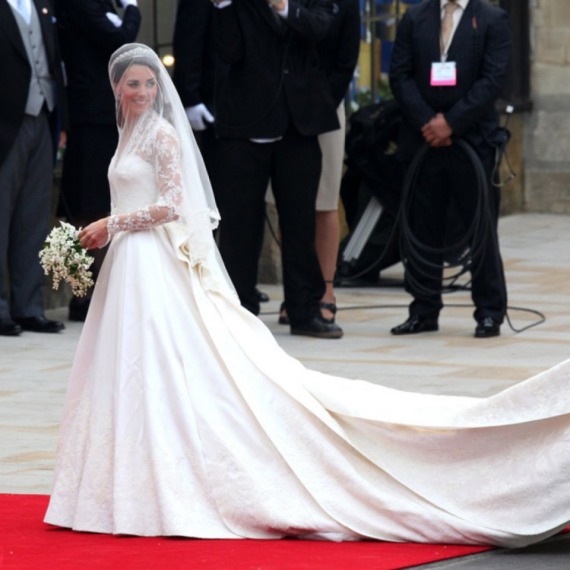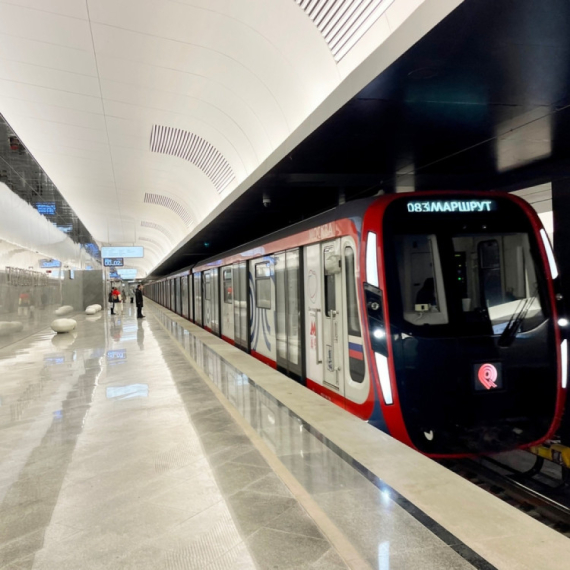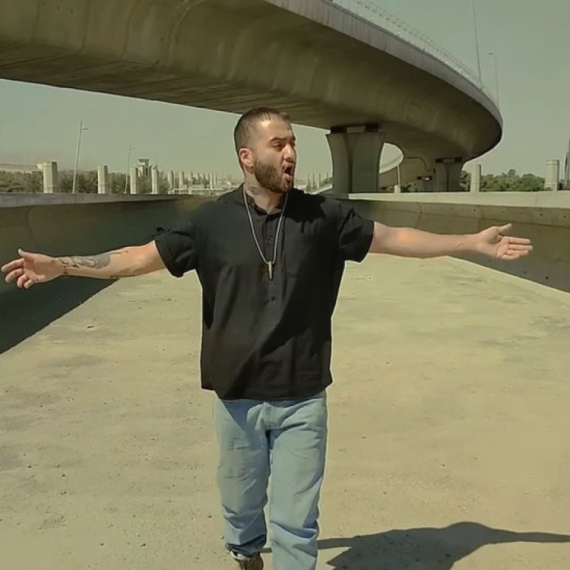Judges, council reform laws debate ends
The Serbian parliament on Wednesday completed an integrated general debate on draft laws on judges and High Judicial Council.
Wednesday, 12.11.2008.
09:31

The Serbian parliament on Wednesday completed an integrated general debate on draft laws on judges and High Judicial Council. MPs will continue work on Thursday with a debate on proposed laws on the Public Prosecutor's Office and Republic Prosecution Council. Judges, council reform laws debate ends Addressing MPs at the end of the debate, Justice Minister Snezana Malovic reiterated that the goal of the proposed laws was to ensure unbiased, efficient and effective judiciary. She said that the laws are in line with the Constitution and that the new laws will bring about important reforms, increase efficiency, and consolidate the proclaimed principle of independence. The minister added that the laws were based on European judiciary standards and that they would give the judicial system the place it merits in a modern democratic society. Malovic said that the general election of judges would see judges assuming their positions on January 1, 2010, under the new law and that the time frame had been harmonized with the establishment of the new court network. “This is not a re-election but an election of all judges,” Malovic said, adding that parliament would elect new judges on the proposal of the High Judicial Council for a period of three years, after which the High Council would decide on any future extension of their mandates. She said that when it came to appointments, the ethnicity of judges would be taken into consideration as well. The minister said that new features of the law included performance appraisals, salary considerations that would enhance courts’ material independence, and the post of the court vice-president. Another novelty, she said, would be that anyone could launch proceedings for dismissing judges, the final say on which would rest with the High Council. There would also be a right to appeal such rulings. Malovic said that there would be new disciplinary responsibility for judges, a legal age limit for judges that would include the possibility of a two-year extension in special cases where necessary. Under the draft law, the High Judicial Council would be made up of 11 members. MPs yesterday ended an integrated debate on draft laws on court governance, on court and prosecution headquarters and jurisdictions, and on changes to the Law on Misdemeanours. Also on the agenda of the current session that began on November 5 are draft laws on the public prosecution and the Republic Prosecution Council. Snezana Malovic (FoNet, archive)
Judges, council reform laws debate ends
Addressing MPs at the end of the debate, Justice Minister Snežana Malović reiterated that the goal of the proposed laws was to ensure unbiased, efficient and effective judiciary.She said that the laws are in line with the Constitution and that the new laws will bring about important reforms, increase efficiency, and consolidate the proclaimed principle of independence.
The minister added that the laws were based on European judiciary standards and that they would give the judicial system the place it merits in a modern democratic society.
Malović said that the general election of judges would see judges assuming their positions on January 1, 2010, under the new law and that the time frame had been harmonized with the establishment of the new court network.
“This is not a re-election but an election of all judges,” Malović said, adding that parliament would elect new judges on the proposal of the High Judicial Council for a period of three years, after which the High Council would decide on any future extension of their mandates.
She said that when it came to appointments, the ethnicity of judges would be taken into consideration as well.
The minister said that new features of the law included performance appraisals, salary considerations that would enhance courts’ material independence, and the post of the court vice-president.
Another novelty, she said, would be that anyone could launch proceedings for dismissing judges, the final say on which would rest with the High Council. There would also be a right to appeal such rulings.
Malović said that there would be new disciplinary responsibility for judges, a legal age limit for judges that would include the possibility of a two-year extension in special cases where necessary.
Under the draft law, the High Judicial Council would be made up of 11 members.
MPs yesterday ended an integrated debate on draft laws on court governance, on court and prosecution headquarters and jurisdictions, and on changes to the Law on Misdemeanours.
Also on the agenda of the current session that began on November 5 are draft laws on the public prosecution and the Republic Prosecution Council.


























































Komentari 0